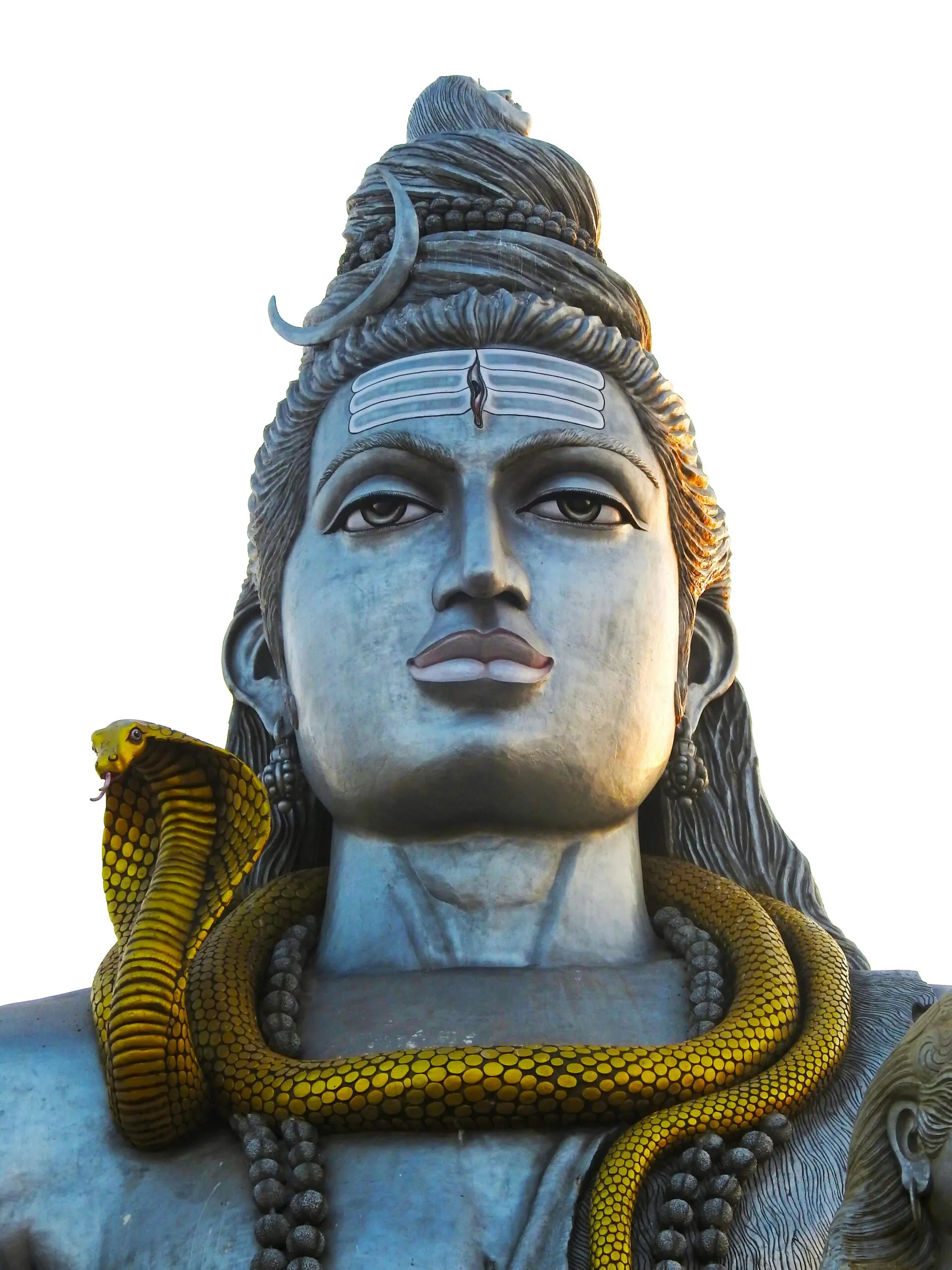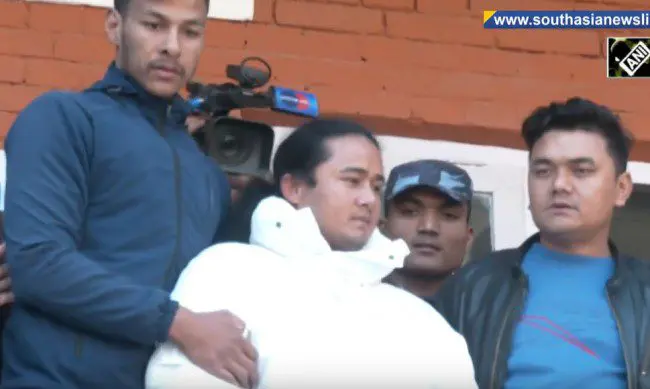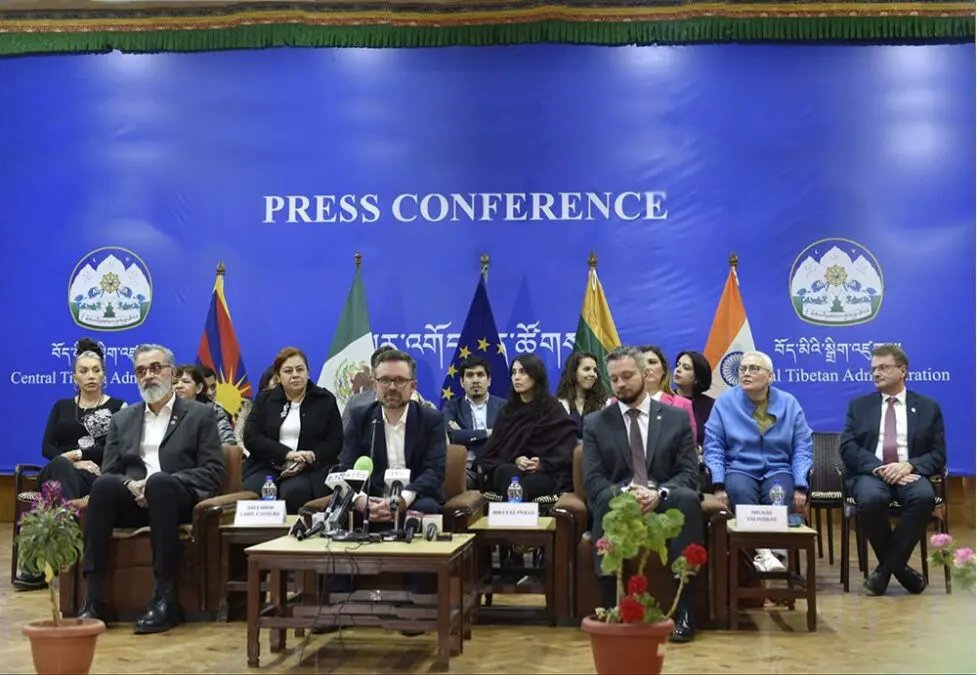By Shyamal Sinha
Tibetan peace marcher Tenzin Dhondup reached the final destination of his ‘March to Freedom’ after traversing the distance of over 2300 km distance from Dharamshala, considered the exile capital of the Tibetan diaspora to Nathula, Sikkim near the Tibetan border on Wednesday. He was accompanied by his fellow activist Tenzin Nyima who joined him from Chandigarh. The 29-year-old activist participated in press conferences, met with many individuals and political representatives from different states. “I don’t know if I succeeded in what I set out to do. However, we’ve done all we could in the nine states that we crossed,” he said.
This wish was eventually granted as I met Tenzin Nyima in Chandigarh and Tenzin Choephel in Siliguri and on the last day in Gangtok, there were around 80 people marching with me. I think this is my biggest achievement.” The activist assured that he will continue to work towards raising awareness about Tibet in the future.
On 28th January, the peace marcher duo met with Shri Pema Wangda Bhutia, Regional Convener for North Bengal and Sikkim, Core Group for Tibetan Cause – India who had come down from Gangtok.
Tenzin Dhondup and Tenzin Nyima accompanied by Shri Sonam Lhundup Lama, Mr. Dhondup Sangpo, TSO Kalimpong and Shri Pema Wangda Bhutia held a press conference at Siliguri Journalist’s Club. Tenzin Dhondup addressed the media about their campaign march and their demands which are (I) Seeking urgent attention to the deteriorating environmental situation in Tibet; (II) The world must accept Tibet as an occupied country; and (III) China should be punished for the recent attack at the Indo-Tibet border by boycotting products made in China. He stressed that if China is not stopped then the future will remain in peril.
The Tibetan community in Gangtok, Sikkim welcomes Tibetan marchers on Feb 3 (Photo- Tenzin Dhondup)The marcher thanked his supporters and well-wishers who helped him along the journey, “I got both financial and emotional support from different individuals without whom this journey wouldn’t have been possible.” Dhondup said that the Indian public resonated with two of his resolutions linked to environmental protection and boycott of Chinese goods. He further spoke to us about the support he received from the Tibetan community, and especially mentioned the Gangtok community and the state government who helped him finish the march effectively. The march passed through nine Indian states; Himachal Pradesh, Punjab, Chandigarh, Haryana, Delhi, Uttar Pradesh, Bihar, West Bengal and Sikkim.
Dhondup set out on the three-month journey in November to protest China’s onslaught on Tibet with three major issues on his agenda; deteriorating environmental situation in Tibet, recognizing Tibet as an occupied country; and boycott Chinese goods. At the commencement event in Dharamshala, he emphasised that the country is still suffering from the brunt of Chinese occupation, “Tibet stands as a testament to China’s flawed and unethical leadership.”
Shri Sonam Lhundup emphasised on creating awareness among Indians on such issues. He underlined that the building of dams on Brahmaputra River by China is destructible for Northeast India as it can give rise to either flooding or water scarcity in the region. He further highlighted the importance of Tibet for India.
source – phayul



